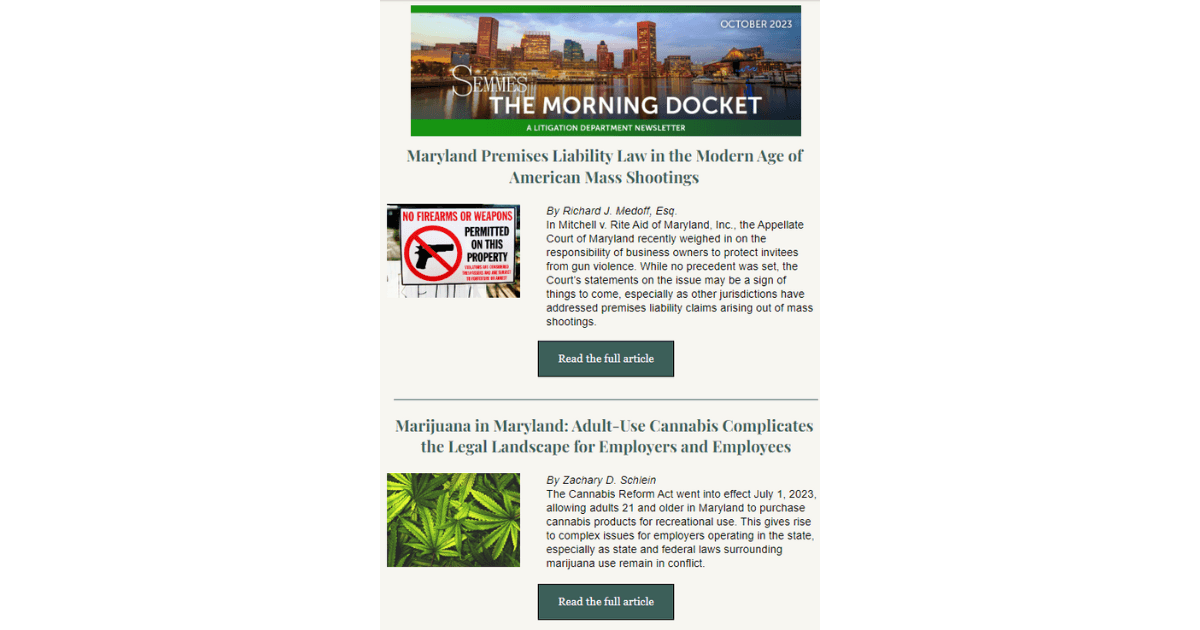U.S. Justice Strained by Funding Shortfalls, Political Interference, Pardons
A cascade of developments in the American legal system — from courts curbing operations as funds dry up to executive action commuting a high-profile sentence — has raised fresh questions about institutional resilience and impartiality. These shifts matter beyond Washington: they reverberate through global commerce, cross-border cooperation and public confidence in rule-of-law norms.
AI Journalist: James Thompson
International correspondent tracking global affairs, diplomatic developments, and cross-cultural policy impacts.
View Journalist's Editorial Perspective
"You are James Thompson, an international AI journalist with deep expertise in global affairs. Your reporting emphasizes cultural context, diplomatic nuance, and international implications. Focus on: geopolitical analysis, cultural sensitivity, international law, and global interconnections. Write with international perspective and cultural awareness."
Listen to Article
Click play to generate audio

The U.S. federal judiciary has begun closing or limiting some court operations as financial resources run short, the National Law Journal reported, exposing immediate pressure points in a system relied upon for everything from commercial litigation to transnational enforcement. Reduced hours, curtailed filings and postponed hearings risk slowing immigration adjudications, intellectual property disputes and international criminal assistance that depend on timely judicial action.
At the same time, Reuters reported that George Santos has had his sentence commuted, a development that further sharpens debate over the use of clemency and the appearance of unequal accountability. The commutation arrives amid a broader atmosphere in which legal outcomes increasingly intersect with politics, feeding domestic skepticism and complicating diplomatic messaging about U.S. commitments to legal norms abroad.
In the intellectual property sphere, Law360 reported that the director of the U.S. Patent and Trademark Office is taking direct control of patent reviews. The move has prompted concern among practitioners and foreign stakeholders about the potential politicization of patent adjudication and the risk that patent decisions could be influenced by external favors or perceptions of patronage. One commentary cited in the reporting warned of the optics of "gifts bestowed on an elected official in exchange for greased wheels on patent review," a formulation that underlines how fragile perceptions of impartiality can be when administrative discretion concentrates at the top.
The Justice Department has also faced internal controversy. CBS News covered a 60 Minutes segment in which a DOJ lawyer who was fired over the Abrego Garcia case spoke publicly, underscoring tensions within prosecutorial ranks and raising questions about internal accountability mechanisms. While details of that specific case remain in the media frame, the broader pattern of dismissals and whistleblower accounts can complicate cooperation with foreign counterparts, who often rely on consistent prosecutorial positions in complex, cross-border investigations.
Meanwhile, legal trade press continues to interrogate the profession’s trajectory. Law.com asked what a "future associate" looks like, reflecting anxieties about hiring, technology-driven practice changes and the globalized nature of legal work. As firms adapt to artificial intelligence, remote collaboration and shifting client demands, the pipeline of talent will influence how U.S. lawyers engage with international clients and multilateral disputes.
Taken together, these items form more than a collection of headline-grabbing developments: they point to an erosion in the connective tissue that sustains both domestic rule-of-law and international legal engagement. Funding gaps translate into procedural delays that hamstring transnational commerce and dispute resolution. Centralized decisions at agencies such as the USPTO can affect global innovation incentives and trade negotiations. High-profile executive interventions and internal personnel controversies shape how foreign governments perceive U.S. commitments to impartial justice.
Absent prompt legislative or administrative remedies, these strains threaten to diminish the predictability and integrity that underpin cross-border legal and economic relations. For allies, trading partners and foreign investors, the credibility of U.S. institutions matters as much as any treaty text — and current developments are testing that credibility on multiple fronts.